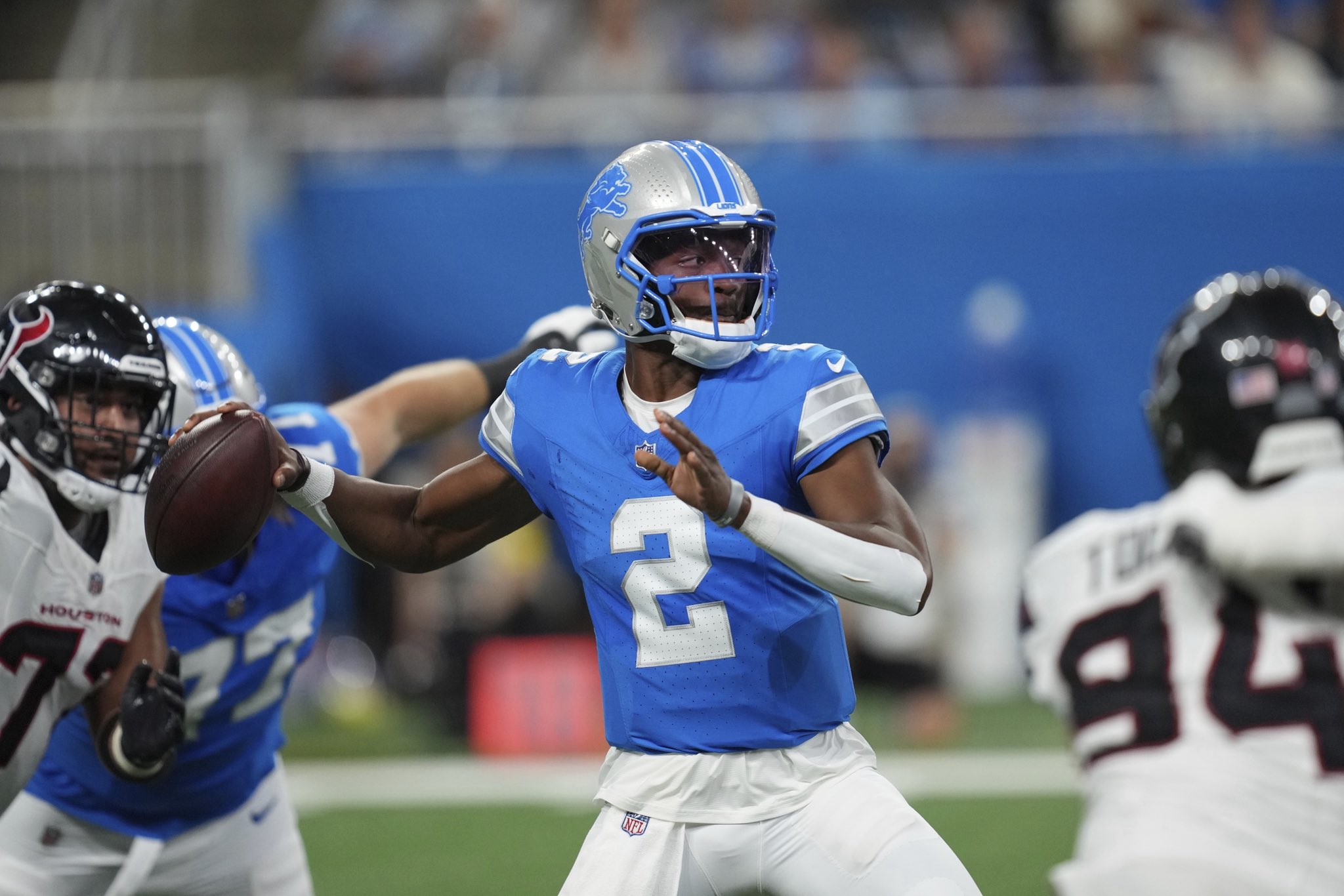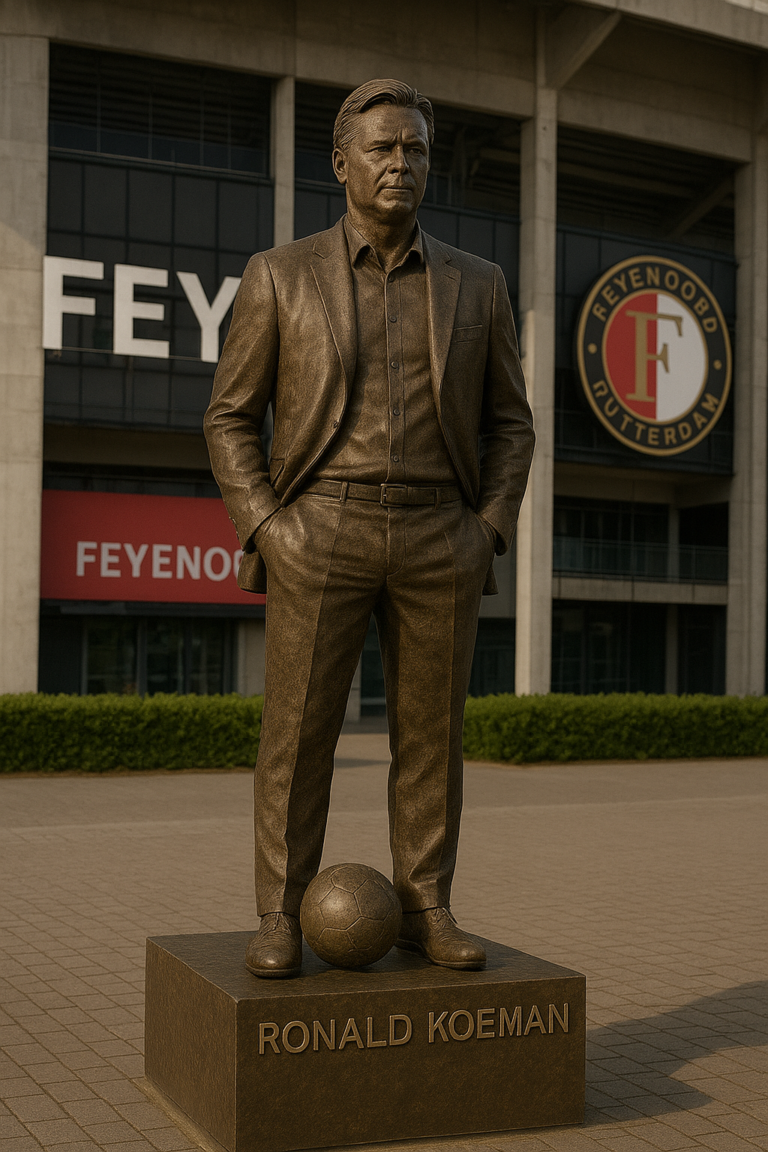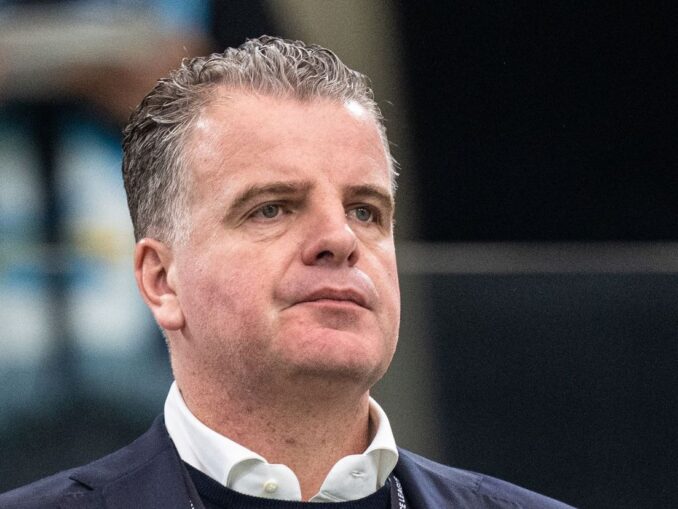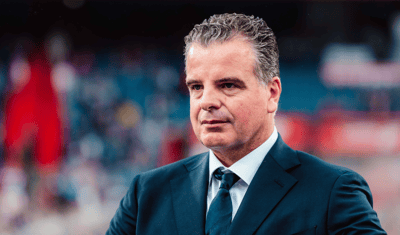
The Detroit Lions have moved on from quarterback Hendon Hooker following reports that he has been charged in connection with drug-related offenses. The development comes as a shock to many around the league, particularly considering Hooker had been viewed as a potential piece of the Lions’ long-term plans at the quarterback position. His release marks an abrupt turn in what was expected to be a developmental year for the young signal-caller.
Hooker, who was drafted by the Lions in 2023, entered the league with high expectations after a standout college career at Tennessee. Known for his poise, strong arm, and ability to make plays in big moments, he was considered one of the top quarterback prospects in his class despite coming off a knee injury. Detroit selected him with hopes that he could grow into a reliable option behind starter Jared Goff and potentially compete for the future starting role.
However, the recent legal trouble has shifted the narrative dramatically. NFL franchises hold strict standards when it comes to player conduct, particularly in matters involving drugs or criminal charges. For the Lions, the decision to part ways with Hooker was less about on-field potential and more about maintaining organizational culture and accountability. In recent years, Detroit has built a reputation under head coach Dan Campbell and general manager Brad Holmes for emphasizing discipline, professionalism, and team-first attitudes. By releasing Hooker, they have reinforced that identity.
The news has sparked conversation across the league, with some analysts noting how quickly a promising career can be derailed by off-field decisions. Hooker had not yet had a true chance to establish himself as an NFL starter, and many believed his best football was still ahead. Now, his immediate future is clouded by legal proceedings and the challenge of repairing his reputation both personally and professionally.
For the Lions, this move creates questions about depth at the quarterback position. Jared Goff remains the clear starter, but Hooker was expected to be the primary developmental piece behind him. Without Hooker, the team may need to look to free agency or next year’s draft to add a young quarterback to the roster. While the Lions remain firmly in contention mode, this incident serves as a reminder of the unpredictability of roster building in the NFL.
Hooker’s situation also raises broader questions about support systems for young athletes entering the professional ranks. While NFL players are provided with resources, mentorship, and guidance, personal decisions ultimately determine outcomes. The league has dealt with similar cases in the past, and each incident fuels ongoing debates about how teams and the NFL as a whole can better prepare players for the spotlight and responsibilities that come with their platform.
As the case unfolds, Hooker’s next steps will be critical. He may still have opportunities to revive his career if he can resolve his legal issues and demonstrate accountability, but the road back will not be easy. In the unforgiving world of the NFL, where competition is fierce and reputations matter, even the most talented players can find themselves without a team if they fail to meet expectations both on and off the field.
For now, the Lions move forward without him, focused on their season and the larger goal of remaining among the NFC’s elite. For Hooker, the challenge shifts from battling on the field to confronting personal obstacles off it, a stark reminder of how quickly fortunes can change in professional sports.






